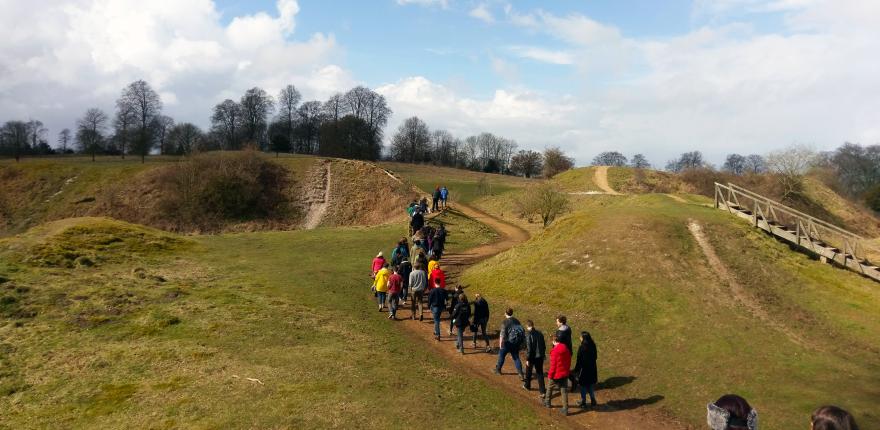

Environment, Landscapes and Settlements
Humans have been very successful at adapting their behaviour to a diverse range of environments across the planet, and climate, climate change, and human/environment relationships are of critical importance in the present.
Archaeology is inherently a collaborative and comparative discipline that is uniquely placed to provide information about human behaviour at different scales over space and time. The broad scope of archaeology makes it ideally suited to providing important insights into the way that human populations were adapted to particular environments and ecological niches, and the success or failure of those adaptations. These adaptations can take various forms, whether they be choices about whether to be mobile or sedentary, to hunt or engage in farming (or a combination of both), how to live with (and without) water, and manage its resource(s) effectively, and the nature and scale of social relations and political organisation. By considering these factors, archaeologists are able to investigate human resilience and sustainability in the face of environmental pressures and climatic threats.
At Cambridge, we explore human/environmental interaction at various scales and time periods and our interest ranges from the site to the region and the globe. Much of our research explores human responses to climatic and/or environmental change, and particularly the resilience and sustainability of settlement forms, subsistence practices, social structures and political systems.




